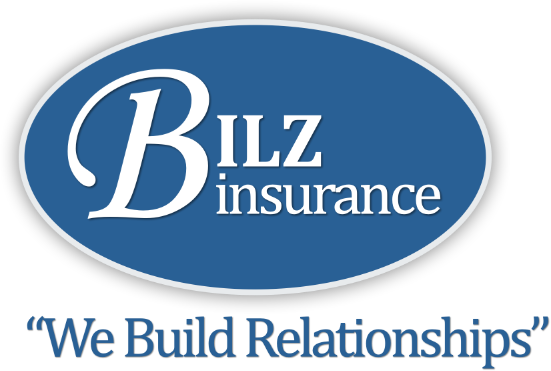Remember the days of curling up to the radio on a Saturday night, torturing yourself through commercials and lame tunes just to be able to crank it when Mr. DJ played your favorite song?
No longer does one require the patience to spend an entire evening anticipating the next round of “Love Me Tender” or the BOC’s “Godzilla.” File-sharing programs make an instant world faster—obtaining music and video clips with a click. Popular versions like iTunes legitimize the process through pages of service agreements and per-transfer fees, but every program is not so “official.”
Unauthorized file sharing is easy, cheap (meaning free) and illegal. Consider the recent case of BMG Music et al v. Cecilia Gonzalez. In this case, a federal court ruled that the illegal downloading of songs by a consumer (as in the individual doing the downloading, not the entity responsible for the file-sharing platform) constituted copyright infringement. The damages awarded against her totaled $22,500—for downloading 30 songs at $750 penalty per song.
Seem steep? It could have been much worse. The defendant had actually downloaded 1,370 songs. Federal law permits an assessment of $30,000 per song. Had they chosen the full course of action, damages against Gonzalez in this case would have resulted in over $41 million!
This case is proof that the federal government intends to secure the integrity of copyrights, even if it means rendering judgment against individual consumers. The bad news for these consumers is that such a judgment will not be covered by homeowner’s insurance.
Personal liability afforded under a typical homeowners insurance policy does not cover liability claims that do not involve bodily injury or property damage arising out of an “occurrence.” Since “occurrence” constitutes an accident or exposure to harmful conditions, it is not likely the insurance company will look any further to find a reason to provide you with coverage (downloading that latest Springsteen track for free was no accident).
Even if you did jump that hurdle, you’re still fighting an uphill battle. Property damage constitutes physical injury to tangible property: ripping off mp3 files hardly fits the bill.
Even homeowners with personal injury liability (which extends liability insurance to pay claims such as libel, slander, and violation of privacy rights) are exposed: This insurance says nothing of covering claims of copyright violation, nor will it cover criminal acts.
This information should serve as a somber reminder that households downloading illegal files are in danger of incurring a large out-of-pocket expense that no personal insurance intends to pay. Parents should be especially careful; in many households it is not mom or dad downloading the copyrighted music. A look at the music library on many children and teenager’s computers could shock you—they could have hundreds or thousands of songs. If your children are file-sharers, check their preferred sources for legitimacy and remind them why this is important.
When it comes to downloading music, “free” can come with a big price. Enjoy the tunes but proceed with caution. Ask your Trusted Choice® independent insurance agent to talk with you about these and other possible exposures.

Discussion
There are no comments yet.